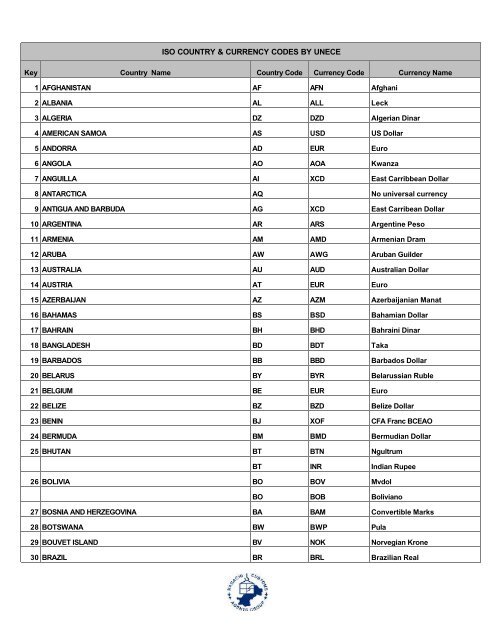
While globalization has provided entrepreneurs with a host of benefits, including an expanded marketplace into which to sell their products and the opportunity to comparison shop for goods from around the world, it has also presented a host of new challenges. If your business is attempting to sell to a global customer base, you are no doubt familiar with the trials of understanding the idiosyncrasies of different markets and cultures, in addition to the sometimes-daunting task of attempting to communicate in a foreign language. Once upon a time, most small businesses were essentially local businesses, producing goods and services for, and acquiring supplies from, a network of customers and vendors that were located close to home, usually in the same city or state, and always in the same country.

As the world becomes increasingly interconnected through the forces of globalization and the march of technology, the role of the small business owner has changed dramatically.


 0 kommentar(er)
0 kommentar(er)
